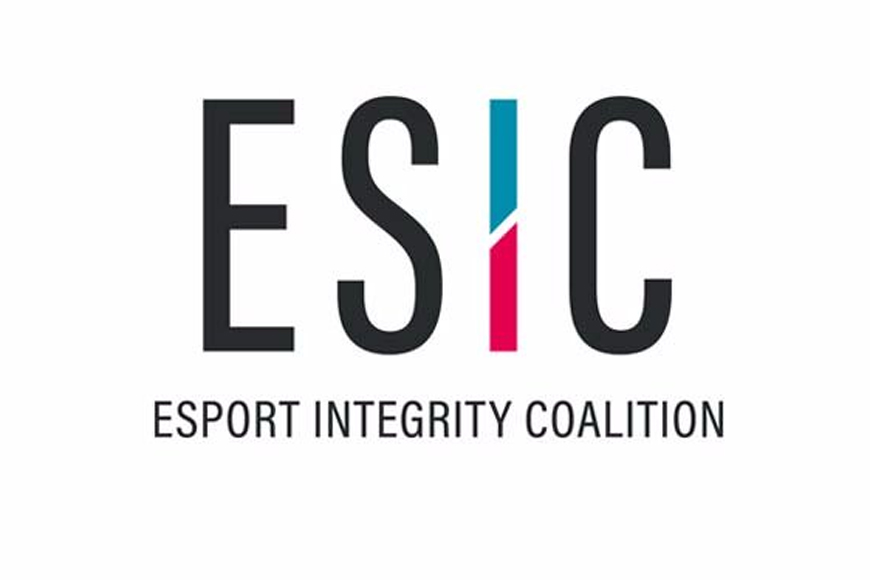Earlier this month two British Tekken players were banned from the Tekken 7 UK Championship for ‘suspected collusion’.
Justin “King Jae” Nelson and fellow District G teammate C-Krizzle protested their innocence, after a few clips allegedly showed C-Krizzle ‘letting Justin win.
While Bandai Namco said the players were ‘suspected of collusion’, implying they didn’t have firm evidence of clear collusion, they did promise to “amend the rules to have a clear clause on collusion” in the future.
Bandai’s rules were rather basic: “Any form of collusion will not be tolerated and will result in a disqualification.”
Regardless of whether C-Krizzle was letting King Jae beat him in a qualifier match or not, was this process right? Was Bandai’s decision to ban the players correct? We reached out to Esports Integrity Coalition Commissioner Ian Smith to ask for his input.
While he said he couldn’t speak about this specific case, he did say he would be happy to talk to Bandai Namco and provide a statement to us regarding publishers and rulesets in general.
He said: “It’s entirely typical of a great many instances in esports broadly. There must be 500 guys trying to appeal to various impositions of sanctions by publishers where there’s been no hearing, no process, no interaction, just a ban.
“This is the way that more or less every publisher reacts, look at Riot, Valve… they act this way. They may have more comprehensive rules and history, but it still boils down to: “We think you’ve done something, you’re out.”
“There’s no discussion around it, it just happens.
“As a lawyer that really winds me up. I dislike the way in which esports deals with its misdemeanors, it lacks any kind of justice. They may be making the right decision in the end, the guy may be guilty, but you ought to know on what evidence that’s based and have a chance to put across your own side of the story.”
Ian went on to say: “My general point is that while publishers own the ball, the community deserves better. I know these companies are entitled to do whatever they like from a legal point of view, because it’s their game, but for the sake of good order, good community relations and natural justice, they ought to offer a better system.
“So more comprehensive rules for sure and a better process available to players who have been accused of breaching those rules.
“If they think people are cheating, they’ve got to deal with that properly. There has to be evidence and you have to answer that evidence. These things are very hard to prove, of course, but you’ve got to try, especially if it involves a ban.
“You’re potentially taking away a career, you’re certainly taking away someone’s enjoyment and love of a particular game.”
“I know these companies are entitled to do whatever they like from a legal point of view, because it’s their game, but for the sake of good order, good community relations and natural justice, they ought to offer a better system.”
Ian Smith, ESIC
ESIC was set up in 2015 as a not for profit members’ association to deal with esports match manipulation, betting fraud and other integrity challenges.
On publishers’ general views of ESIC, Ian added: “It’s been difficult to engage with publishers, they’re a law unto themselves. They respect what we’re doing but usually don’t think it’s their problem. It’s a tournament organisers problem or a betting providers problem, they say.
“But there are certain things people are entitled to, and good process is one of those things.”
We’ve reached out to Bandai Namco for its input.
ESIC recently announced it is working with the UK Gambling Commission to improve esports integrity.
“This MOU is a significant step for ESIC and the esports community,” commented Ian Smith. “The Gambling Commission has significant resources and powers that will be invaluable in helping to combat any emergence of organised crime or serious fraud within our rapidly growing sector.”
ESIC will be issuing guidance notes to members in the coming weeks to explain the implications of the MOU, and how it will improve the integrity of the esports gambling scene within the UK.
Richard Watson, Programme Director at the Gambling Commission, added: “Esports is a developing sector that offers new challenges for the betting industry, with potential for further market growth.
“This agreement demonstrates our commitment to supporting ESIC in addressing the potential integrity risks, to help maintain public confidence in esports both as entertainment and for those who wish to place bets on British licenced markets.”
Further reading: UK’s Gambling Commission boss calls unregulated esports skin betting sites ‘parasites’

Dom is an award-winning writer and finalist of the Esports Journalist of the Year 2023 award. He has almost two decades of experience in journalism, and left Esports News UK in June 2025.
As a long-time gamer having first picked up the NES controller in the late ’80s, he has written for a range of publications including GamesTM, Nintendo Official Magazine, industry publication MCV and others. He also previously worked as head of content for the British Esports Federation.


